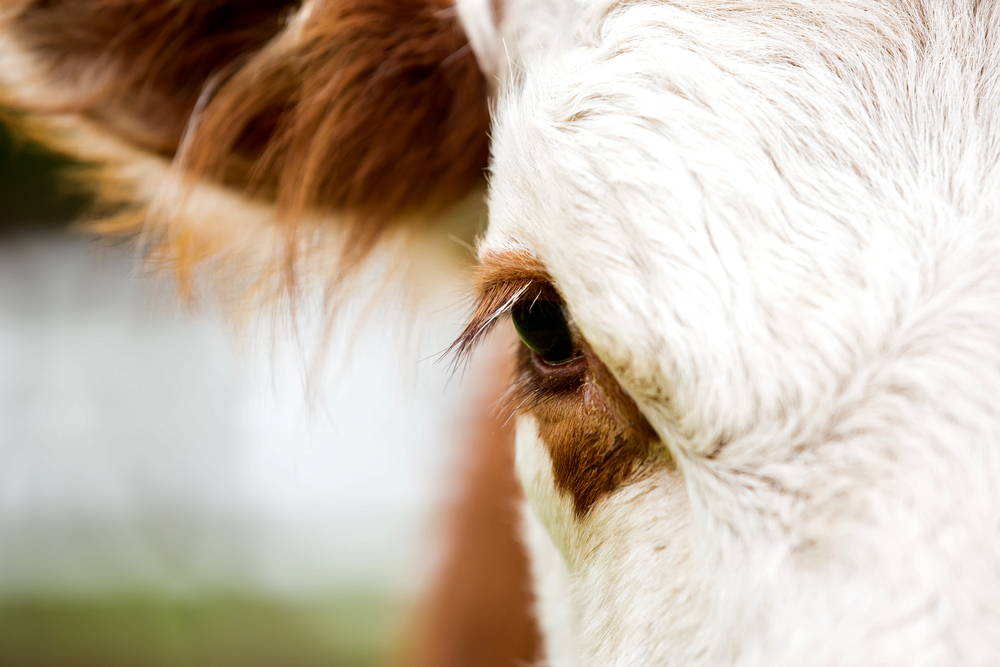Scotland reports case of mad cow disease

London | Reuters—The Scottish government on Friday confirmed a case of classical bovine spongiform encephalopathy (BSE), known as mad cow disease, at a farm in the southwest of the country, the first British case of the disease in over two years.
The government has imposed precautionary movement restrictions at impacted premises and on animals that have been in contact with the case in Ayrshire, it said in a statement.
Further investigations to identify the origin of the disease at the farm are ongoing, the Scottish government statement said, adding there was no risk to human health.
Read Also


Polish farmers march against ‘green poison’ EU climate change rules
Thousands of protesters marched through the streets of the Polish capital Warsaw on Friday to show their opposition to European Union environmental regulations that farmers say are driving them out of business.
“I want to reassure both farmers and the public that the risk associated with this isolated case is minimal. But, if any farmers are concerned, I would urge them to seek veterinary advice,” Chief Veterinary Officer Sheila Voas said.
BSE was first detected in Britain in the late 1980s, spreading from there to other parts of Europe and ravaging cattle herds until the early 2000s. It has been linked to the brain-wasting Creutzfeldt-Jakob disease in humans.
BSE incidence has markedly decreased over recent years and is now estimated to be close to zero cases per year worldwide, according to the World Organisation for Animal Health (WOAH).
The previous confirmed classical BSE case in Britain was in 2021, and an atypical case of the disease was reported last year.
Classical BSE occurs through the consumption of contaminated feed, while atypical BSE refers to naturally and sporadically occurring forms.
Source: Farmtario.com

